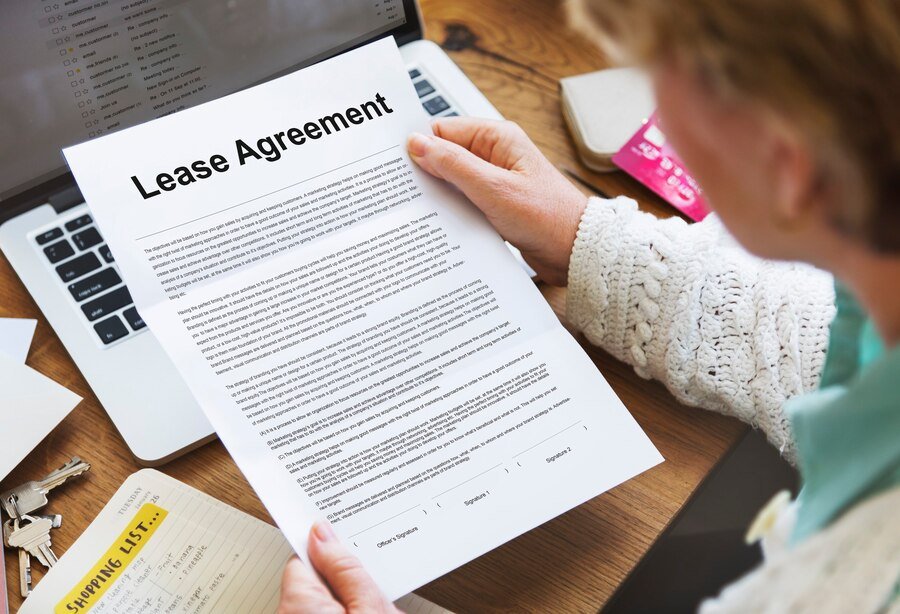What differentiates a leasehold property from a freehold property? And which one should you prefer?
As a potential purchaser, you must have heard of freehold and leased property. But, what is the difference between these two, and which one should you prefer to buy and why? Read this blog for a full-fledged difference between leased property and freehold property and find out your next preference.
The major distinction between freehold and leasehold property is who owns the land and who controls the property. As the owner of your property, you have complete freedom to do whatever you want as long as you respect local restrictions. In the case of leasehold property, the government provides ownership for a period of 100 years; however, if the owner of the property desires to prolong your lease, you would have to pay a surcharge.
Property with a freehold title:
Any estate of any entity that is "free from hold" besides the owner is considered freehold property. The owner of such properties has full ownership of the property (may sell, remodel, or transfer it) and can use it for any purpose allowed by municipal rules. If the owner wishes to sell the home, there will be no legal issues to deal with and very little paperwork to complete. Freehold homes are far more costly than leasehold properties. The owner's entitlement to the property is unrestricted. The freehold property owner may only be required to pay maintenance fees. This sort of property can be transferred by the registration of a sale deed.

A few of the Advantages of a freehold property are that the ownership is complete, and owners have complete control over the building of their home. It can be passed down the generations.
Some of the common disadvantages can be considered as the Maintenance responsibilities And Only a limited number of spaces are available.
Property that is leased:
If you buy a leasehold property, you only have the right to stay for a certain amount of time. The buyer in this scenario is not the owner of the property. You must pay the ground rent to the property's owner or leaseholder; once the lease time expires, the property rights revert to the owner. It's important to understand that the length of the lease will affect the property's worth. It is feasible to extend your leasehold to suit your needs.
A few of the advantages can be considered as the fact that freehold property can be renewed at the end of the term, and you can stay in the house if you desire to do so. The landowner is primarily responsible for the property's upkeep.
And some of the common disadvantages of a freehold property include the performance restoration or remodelling improvements, you must first obtain authorization from the landowner.
Which one of these properties should you prefer?
Buyers choose freehold homes to invest in because of the property's potential for capital growth and stability. Instead of the transitory ownership title afforded by leasehold property, freehold property will grant the owner complete ownership. It is critical to understand the obligations and legal rights of each form of ownership, regardless of which choice you pick. If you want to buy a house, you should buy a freehold property rather than renting one. If you are a seasoned investor with short-term ambitions, however, a leasehold property is a good option.
How can a leased property be converted to a freehold property?
If you have a clear selling deed, a NOC, and a General Power of Attorney, you may quickly convert a leased property to a freehold property (GPA). The conversion fees must be paid to the authorities. In the case of a non-sanctioned building plan, documentation of a permanent power connection or a home tax assessment might be used to convert the property.

-
First Floor 232, ParasTrade Center, Gwal Pahari
Gurugram - 844-844-9131
- info@csrealty.in
- First Floor 232, ParasTrade Center, Gwal Pahari Gurugram
- +918448449131
- info@csrealty.in
- First Floor 232, ParasTrade Center, Gwal Pahari Gurugram
- 8448449131
- info@csrealty.in
